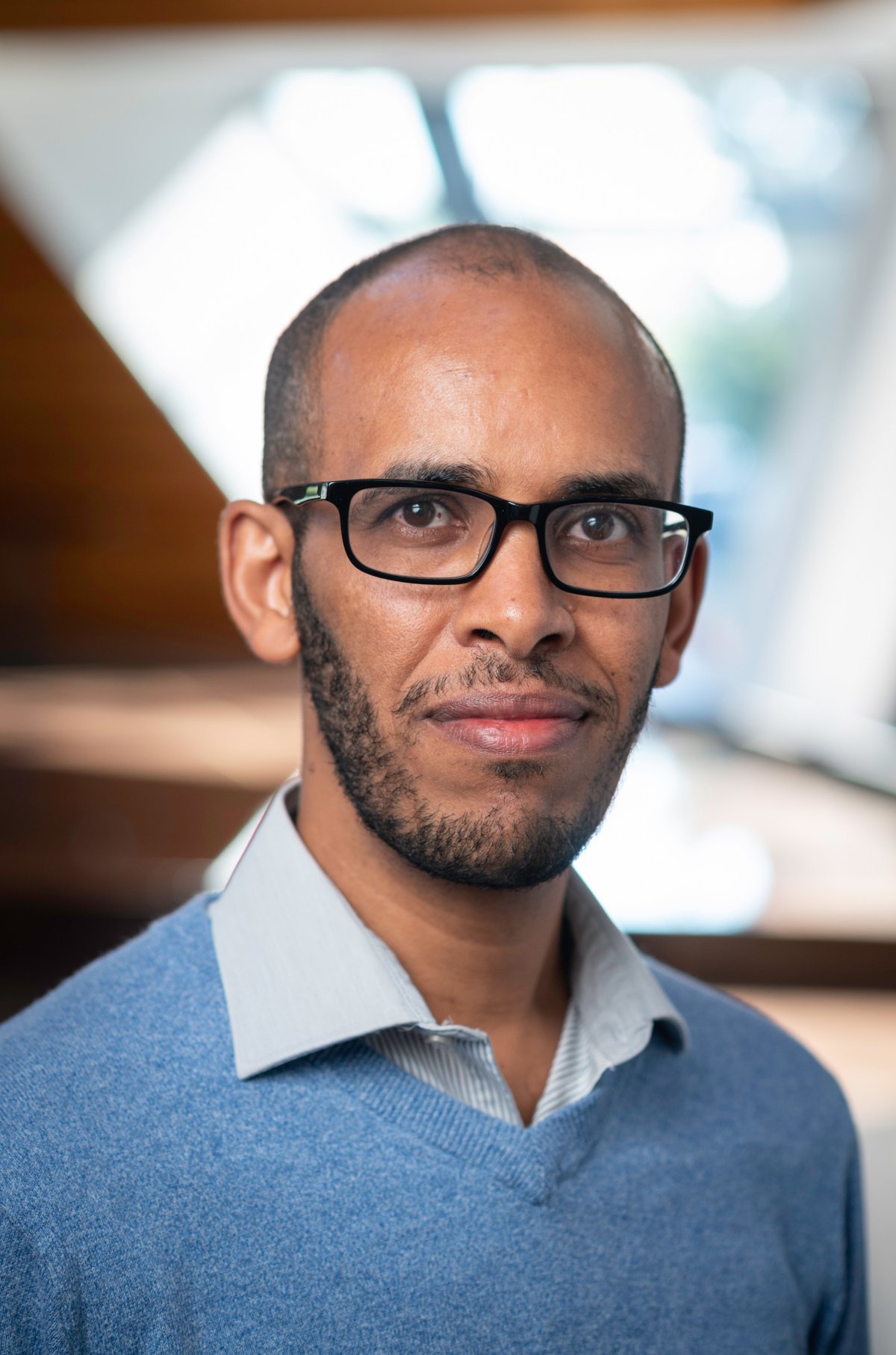CS&E Colloquium: Unlocking Virtual Reality’s True Potential: Addressing the Challenge of VR Sickness
The computer science colloquium takes place on Mondays from 11:15 a.m. - 12:15 p.m. This week's speaker, Isayas Adhanom (University of Minnesota), will be giving a talk titled "Unlocking Virtual Reality’s True Potential: Addressing the Challenge of VR Sickness".
Abstract
Virtual Reality (VR) is rapidly evolving, extending its reach from entertainment and gaming to critical areas like education, healthcare, and professional training. However, its usability is significantly hindered by VR sickness, a type of motion sickness that affects a substantial portion of users. This condition not only diminishes the user experience but also limits the duration and frequency of VR usage and alters user behavior, thereby affecting its efficacy in various fields. This challenge is particularly pronounced for certain demographic groups, especially women, making the mitigation of VR sickness a critical challenge. In this talk, I will discuss the interdisciplinary approach my research takes, leveraging insights from psychology and neuroscience to deepen our understanding of VR sickness and develop effective mitigation techniques. I will discuss environmental and perceptual adaptation techniques that my research has explored to reduce VR sickness. Environmental adaptation involves altering the virtual environment to minimize factors that contribute to VR sickness, whereas perceptual adaptation, focuses on developing systems that could help train the user's sensory system to better tolerate the disparities between visual inputs and physical sensations in VR. Furthermore, I will discuss my ongoing research that aims to develop computational models, based on insights from vision science, to get a better understanding of the relationship between the characteristics of the visual stimuli in virtual environments and their effect on user comfort in VR. This research aims not only to enhance our theoretical understanding of VR sickness but also to provide practical tools for designing more comfortable and inclusive VR experiences.
